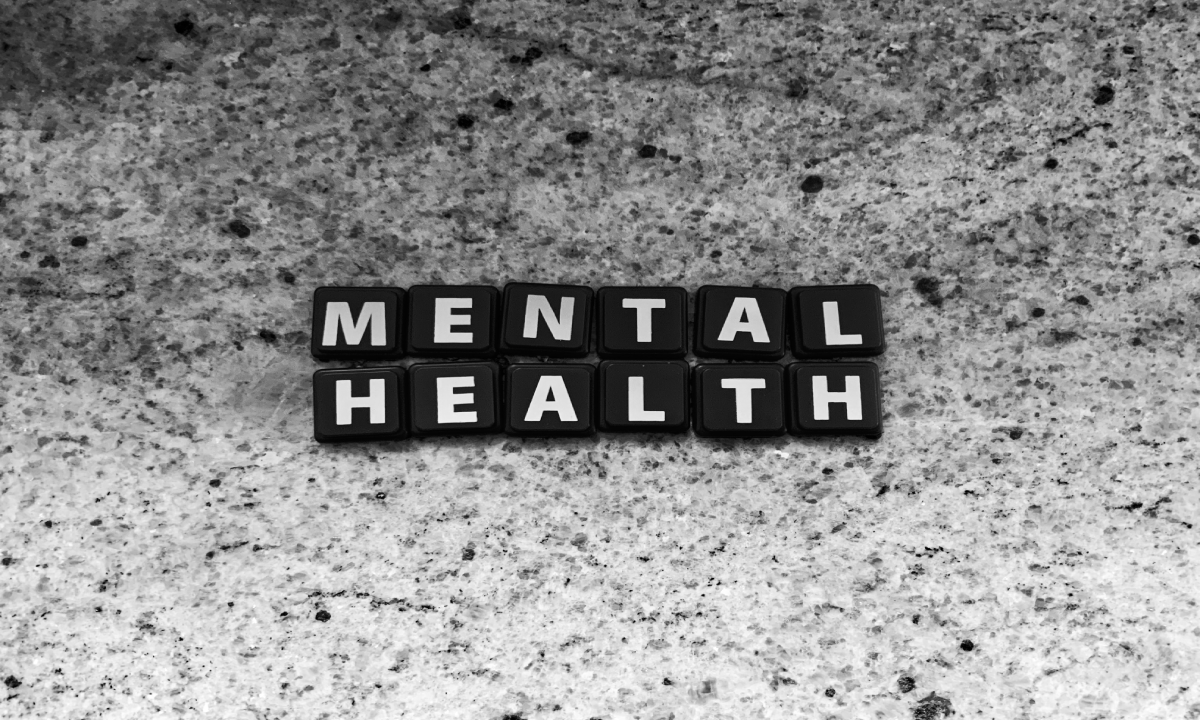To a child battling expectations, a woman subjected to abuse, an elderly person be racked with pain of loneliness, mental health is real as anything that causes a human body to exsanguinate. However, it takes a pandemic to raise the germane of mental health in an Indian ménage.
Mental health is a state of well-being in which an individual balances emotional, psychological, and social well-being. It also helps determine how we handle stress, relate to others, and make decisions. India suffers a ‘Double Burden of Diseases’ that is, a country or a state is a victim of both communicable and non-communicable diseases. India accounts to approximately 33% communicable diseases and 55% non-communicable diseases. In fact, this is prevalent in developing countries. This makes It difficult for India to singularly focus on a particular disease.
Mental health is a global issue. People across all ages suffer the need to tackle it. It is indicated that 264 million people worldwide are depressed. About 14% of the global burden of diseases is attributed to neuropsychiatric disorders, which is a conservative estimate as it does not account to all mental health issue. The Sustainable Development Goals explicitly mentions mental health in Goal 3. It depicts the need to reduce mortality through non-communicable diseases and to promote mental health and well-being.
Long Story Short
- Mental Health in India
- Across Regions and Amongst Genders
- Financial Affordability
- Social Recognitions and Awareness
- Government’s Approach to Mental Health
- Ways to Improve India’s Mental Health System
Mental Health in India
According to World Health Organisation (WHO), approximately 57 million Indians are affected by depression, which is the highest in the world. The top three disorders of the total disease burden in India are related to substance abuse that is, tobacco 13 %, psychoactive substances 5%, and alcohol 4.6 %. Common mental disorders like depression, schizophrenia, anxiety disorders, and substance use disorders affect nearly 10 % of the total population. Interpreted to real numbers nearly 150 million Indians are in need of active interventions, comprising 9.8 million young Indians aged between 13-17 years.
Across Regions and Amongst Genders
Mental health issues are more prevalent in urban areas as compared to rural areas. It is even higher in metro cities. Specific disorders like schizophrenia, mood disorders, neurotic, or stress are nearly two to three times more in urban metros. The overall prevalence of mental morbidity is higher in males approximately 33% than females which accounts for 7.5 %. However, some common mood disorders like depression, phobic anxiety disorders, agoraphobia, generalized anxiety disorders are higher in females.
Financial Affordability
It costs around Rs 1000 to 1500 on average for a family per month to treat mental illness, which makes it burdensome for a normal Indian family who lives from hand to mouth. Rather than spending thousands on such treatment a person merely ignores to acknowledge that he or she suffers from mental health disorder. Lack of government support and assistance in the same leads to overburden on a patient’s family.
In the financial year 2019, the budget allocated 50 crore to the National Mental Health Programme which was further reduce to 40 crore but eventually the amount spent was only 5 crore. While there was an increased to 7 % in the total healthcare budget, the amount allocated to mental health is only 0.05 % . The current spending on Mental Healthcare in a conservative estimate is around Rs 94,073 crore. This is a catastrophic irony in a socialist welfare state like India, where people spend more money on a highly budgeted mental healthcare system.
Social Recognitions and Awareness
The Live Love Laugh Foundation (TLLLF) conducted a study on Indian perception of mental illness. This survey concludes that 71 % of Indians generalized mental health as a taboo of weakness or shame. Mental health literacy among adolescents in 2016 was very low, mental disorders are not recognized as an illness. Lack of knowledge and awareness about mental illnesses poses a challenge to the mental health care delivery system.
Government’s Approach to Mental Health
Development of Mental Health in India is dated back to the British Colonial era. In 1858 three major acts were enacted namely; The Lunatic Removal Act, 1851, the Lunacy (Supreme Courts) Act, the Lunacy (District Courts) Act, and the Indian Lunatic Asylum Act. Subsequently, after independence, a modern mental health act was drafted but adopted only after 35 years as the Mental Health Act, 1987.
In 2007, India along with like-minded countries ratified the United Nations’ Convention on the Rights of Persons with Disabilities (CRPD) and this provided further momentum for updating the aforementioned legislation. In 2014, the government came out with India’s first-ever Mental Health Care Policy. The Mental Healthcare Act, which replaced the Mental Health Act, 1987 was passed in 2017, and enforced the following year.
Other Related Legislation and Policies passed by the government includes the passage of the Rights of Persons with Disabilities Act, 2016 which give care for people with severe psychological disabilities. Ayushman Bharat or the National Health Protection Mission initiated in 2018 which is a medical insurance for economically weaker class. This include provisions detection and treatment of mental health issues through Wellness Centres across the country.
Models to ensure decentralised penetration mental health workers now include ASHA workers. These community workers are not only educated and sensitize but are well versed and well trained with their respect to their communities, to handle issues such as mental health care and to lead patients to local medical experts.
Ways to Improve India’s Mental Health System
- An urgent need to educate individuals about the signs and symptoms of mental illness and normalizing the idea that seeking support is not a weakness.
- Increase awareness about mental health using internet, social outreach programmes. This will balance the gap between the need of physical health and mental health.
- A National Commission on Mental Health, and a National Plan for Mental Health Literacy should be implemented.
- Mental Health should be integrated with National Urban Health Mission to deal with the prevalence of severe mental health in urban areas and metros.
- Integration of mental health with community health care for easy access and affordability
- Questions regarding mental health should be included in ongoing future national surveys like NCD risk factor survey, National Family and Health Survey, NSSO and others.
- Overall allocation and expenditure in mental health should be heighten.
- Research and development in the field of mental health should be encouraged, and funded by the government.
- Corporate Social Responsibility (CSR) should be in encouraged in the field of mental health.



